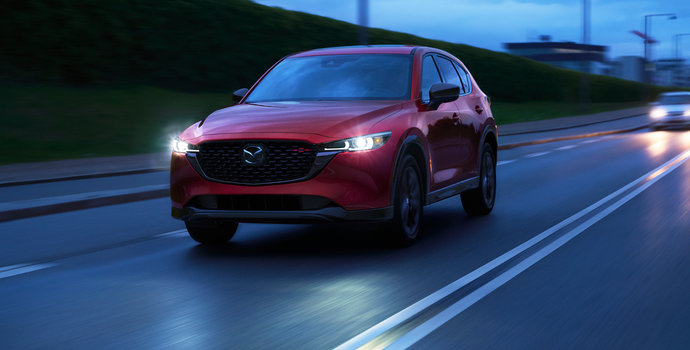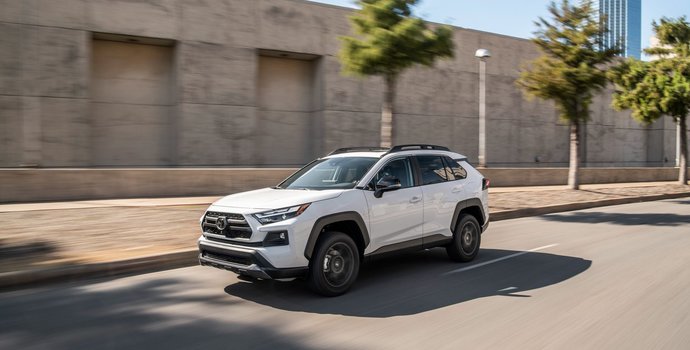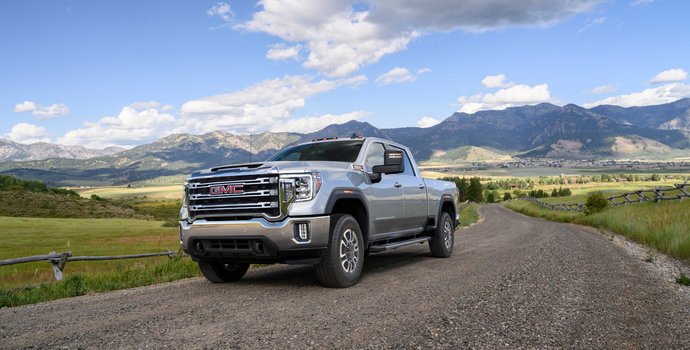Before purchasing a vehicle, it's important to calculate your auto budget. Owning a car requires more than just the monthly payment - there are other expenses that factor into the equation. To make sure you're getting a car that fits into your budget, don't forget to include the following extra expenses: registration fees, insurance costs, fuel costs, and maintenance costs. It's also important to set aside money for unexpected repairs or replacements.
Fuel is a major expense when it comes to owning a vehicle. To get an idea of how much you'll be spending on fuel, you can calculate it based on the number of kilometres you travel annually, the average fuel consumption rating per 100 kilometres of your vehicle, and the cost of a litre of gasoline in your area. Specifically, divide the number of kilometres travelled by 100, multiply this result by the average fuel consumption rating, then multiply that result by the cost of a litre of gasoline. Afterwards, divide this amount by 12 to get your total cost for fuel per month.
Insurance and registration fees are also important to consider when creating an auto budget. The cost for these expenses will vary depending on your insurance history and age, but you should expect to pay a minimum of $1,000 per year. It's important to factor in this amount when calculating how much you can afford to spend on a vehicle.
Maintenance and tires are essential auto expenses that must be budgeted for. Tire replacements don't happen on an annual basis, but they are still an important cost to plan for. Additionally, regular maintenance and oil changes should also be accounted for when creating an auto budget. In total, these expenses can easily exceed $1,000 a year. To ensure you have enough money set aside for the costs of ownership, it's best to plan for at least 30% of the monthly payment in additional expenses.





